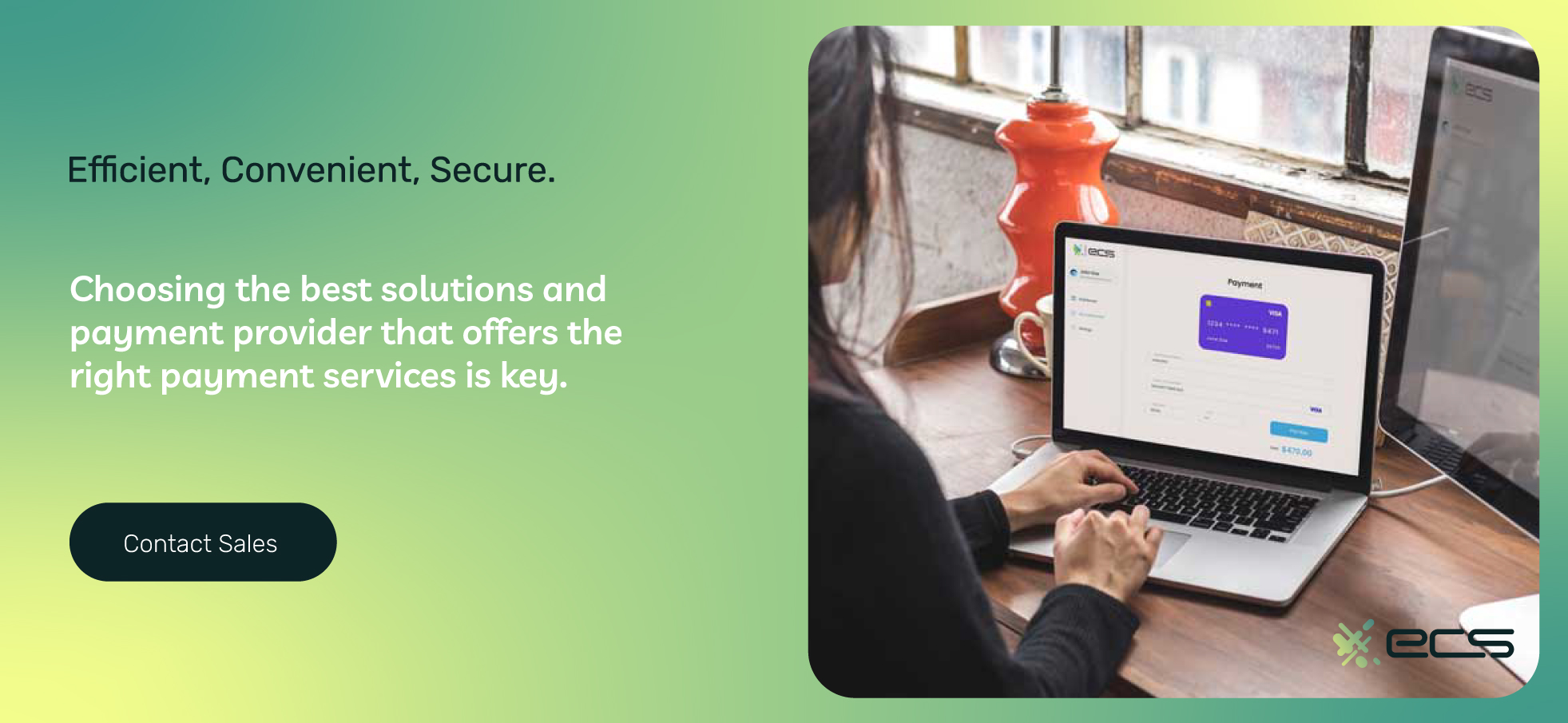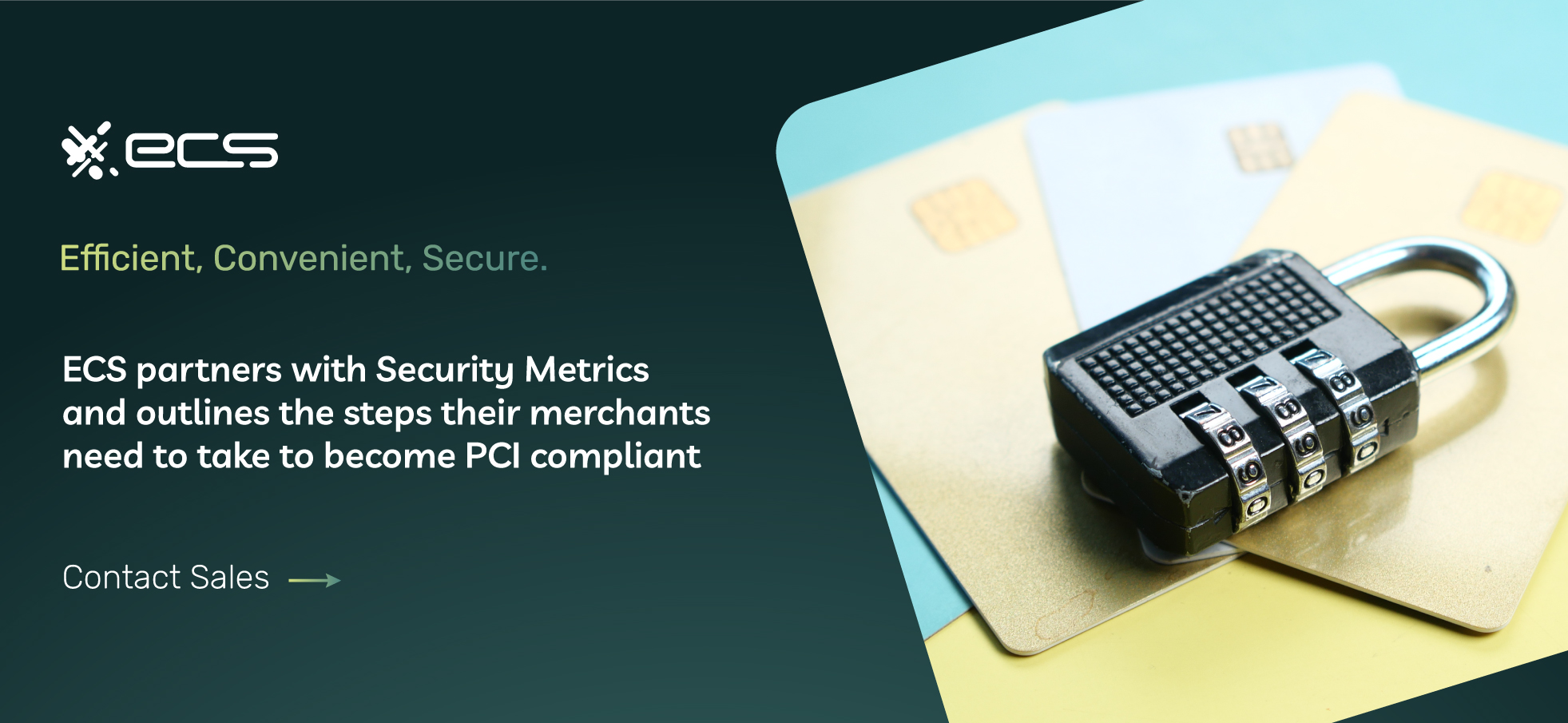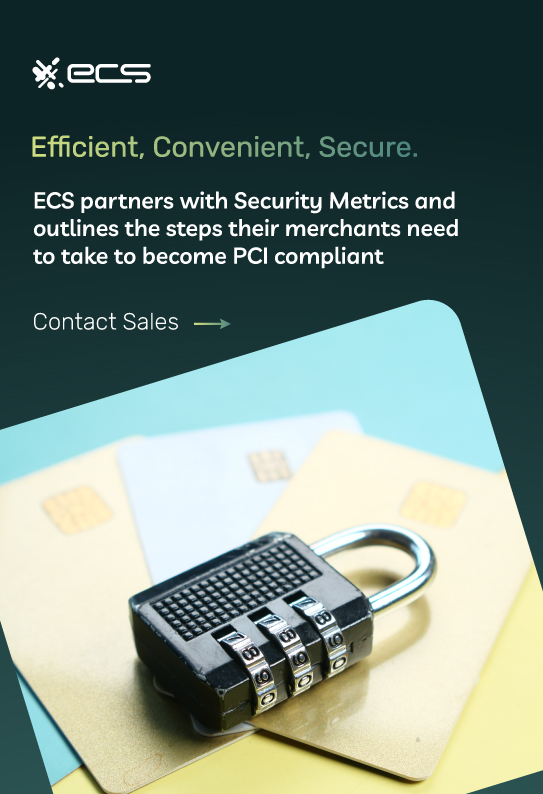Being a business owner does not mean you need to spend all your hard-earned income on rent or mortgage for a brick-and-mortar storefront. Online shopping is booming, and your digital storefront can rake in the bucks big time without a physical shop.
Once you have your research done, products ready, and an awesome website attached to your online store, you are ready to go! But, let’s not forget the most important step.
Getting paid! As an online store, getting paid for your goods means you must be set up to accept and process digital payments through an online gateway.
Now, how does one go about getting a merchant processing account set up to accept these types of transactions? And how would these transactions hit your bank account for payday?
E-commerce can be a whole new world that may be tricky to navigate. But it is important to understand the process to make sure you are setting your business up for success. Follow along with me, and I will help guide you through this exciting, and possibly foreign terrain.
Online Payment Methods
Depending on how you are registered with your merchant account you will be assigned a merchant category code (MCC). An MCC is used by processors to classify a business by the goods or services they sell. Depending on your MCC you will be approved for various forms of payment solutions:
- Credit card: Credit card payments are by far the most efficient and common forms of payment taken online. Credit cards offer rewards from racking up purchase points and offer a payback later option that debit cards do not if funds are not readily available in a consumer’s checking account.
- Debit card: Like credit cards, debit cards are quick and easy, however, debit cards typically do not offer any additional benefits compared to credit cards.
- ACH: Get rid of the lengthy, time-consuming process of paper checks and accept electronic checks. Also known as ACH processing, where a direct debit occurs from one bank account to another bank account.
- Gift Card: Accepting digital gift cards will boost sales from consumers that may have otherwise not visited your online store.
Accepting Checks as an eCommerce Merchant
eCommerce merchants can in fact, accept checks. However, the only way to accept checks from your online consumers is through ACH processing of e-checks. ACH uses your client’s bank account and routing number to transfer funds from their bank to yours. There is no physical check, credit card, or debit card involved.
Additionally, using ACH to process your transaction will save you time and money. ACH transactions have less costly fees in comparison to card brands. And there is no need to drive to the bank to deposit any paper checks.
Accepting Cash as an eCommerce Merchant
Accepting cash as an eCommerce merchant is next to impossible. Or in the least, efficient and not secure. Unless you are expecting to wait for the cash to be delivered in person or via mail, it is not the best option for an eCommerce merchant. Typical eCommerce merchants function solely online. There is no face-to-face interaction with customers.
Because of this, you will need to process all of your transactions digitally. You can speak to a payment processor about digital payments.
eCommerce Payment Processing Key Players
To better understand how you get paid from your eCommerce store, it is important to understand the key players. There are many entities involved in payment processing. Each one facilitates the process in a unique way and passes off data to the next to complete a successful transaction.
eCommerce Merchant Account
Merchant accounts, simply put, are another name for credit card processing accounts. This account will receive your daily card settlements from your payment processor. Your merchant account must be attached to an acquiring bank that is registered as a member of the card brand association networks.
You can redeem a merchant account through a merchant service provider. Merchant service providers can be independent offices that have relationships with multiple banks and processors or they can be a single bank and processor.
Either way, it is important to find a merchant service provider or processor that has flexibility, low rates, and offers multiple solutions to fit your business needs.
eCommerce Payment Gateway
Once a customer submits their online shopping cart and enters their payment information, the payment gateway sends this information to the credit card processor. The payment gateway is the invisible facilitator that securely carries your customer’s card information from your website to the processor.
eCommerce Payment Processor
Payment processors are vendors that take the data from the gateway, verify the transaction information and cardholder account information from the issuing bank and card networks, and will finally deposit the funds into your merchant account.
Merchant service providers can oversee the entire process end-to-end. MSPs are directly related to payment processors and you must obtain a contract with a merchant service provider to have a relationship with a processor. Sometimes, they can be one and the same.
When you apply as a merchant needing card processing services, the payment processor will label your account as low-risk or high-risk. This is based on your business’s information such as industry, age, reputation, etc.
Once your risk level has been determined, your payment processor will then provide you with your qualifying rates, fees, and payment solution options.

Step-by-Step eCommerce Payment Processing
Now that you’ve gained an understanding of each entity involved, let’s see how the process works in a step-by-step flow of a typical online transaction after an online shopping cart has been completed:
- Your customer enters their card or bank account information at checkout on your website.
- The payment gateway securely sends the data to the payment processor.
- The payment processor then checks with the card brand network (Visa, Mastercard, American Express, or Discover) and issuing bank for available funds, and verifies the card number or account number, billing address, CVV number, and any other identifying information from the account.
- The issuing bank rejects or accepts the payment request and sends the response to the payment processor.
- The payment processor sends the declined or approved response to the payment gateway.
- The payment gateway displays the result on your website.
With each payment system working together, this whole process typically occurs in under 2 seconds.
Finally, the payment processor will settle the funds in a lump sum in your bank account a day or so later after your daily sales are batched out.
E-Commerce Benefits
Running an eCommerce shop, whether it is your main business, or an additional revenue stream for your brick and mortar shop offers plenty of benefits.
A Wider Audience
For starters, offering more ways to shop whether in-person or online automatically opens your business up to a wider audience. Online retail targets more customers globally for easier shopping experiences without the constraints of physical locations.
Improved Convenience
eCommerce transactions are also extremely convenient for the mainstream shopper in today’s market. Most people prefer to shop or make payments from the comfort of their home or phone (wherever they are).
Since 2020, consumers have gotten so used to online shopping, the majority would choose it over traditional shopping methods. In fact, online shopping is so convenient, consumers can shop 24/7, not just when a physical location is open during business hours.
The ability to browse items and make payments online at anytime enhances the overall customer experience. Enhanced experience also generates a greater likelihood of customer loyalty.
Increased Sales and Revenue
As a result of a wider audience and more convenient shopping experiences, eCommerce provides an additional sales channel beyond physical stores. This can lead to increased sales and revenue streams.
Reduced Operational Costs
If you decide to run your business solely as an eCommerce store, you can save thousands in operation costs, such as those for rent, front office staff utilities and more.
Competitive Advantage
Lastly, if you offer eCommerce options and your leading competitors do not, you now have a competitive advantage in being able to reach and target a larger customer base. In today’s digital age, consumers expect businesses to have an online presence. eCommerce allows businesses to stay relevant in their industry.
E-Commerce Risks
While eCommerce offers plenty of benefits, it also comes with inherent risks that your business should be aware of.
Security & Fraud Concerns
Online merchants face different security concerns from those of a physical storefront. If security measures are not properly in place, unauthorized access to merchant accounts and client credit cards could lead to a multitude of consequences for your business.
Be sure to implement secure POS strategies and comply with data protection regulations to avoid the following:
- Data breaches
- Phishing attacks
- Malware and ransomware infections
- Account takeovers
- Payment fraud
Chargebacks
Should you fail to secure your online gateway and implement verification and authentication factors in your online gateways, you may suffer from customer transaction disputes or chargebacks.
Chargebacks can also be a problem for eCommerce merchants with regard to shipping times, damages from shipping, improper or insufficient product descriptions, and more. Excessive chargebacks can result in financial losses, reputational damage, and possible merchant account closures.
Operational Risks
Down Websites: Another issue with online shopping is the possibility of a down website. Technical issues are never welcome and it can be a huge disruption for eCommerce merchants, causing revenue losses. Be sure to have a good IT team in place if your sales rely on eCommerce transactions.
Inventory Management: Another operation risk is inaccurate inventory tracking. Having inaccurate numbers in your online store could result in overselling or underselling products. If you over sell a product and have no inventory to deliver, you can negatively impact customer satisfaction.
Good to Know Info when Choosing an eCommerce Payment Processor
Now that you’ve learned all about the key players and how they work together to process your payments, there are a few more details you should understand before deciding on which payment processor is best for your e-commerce business.


eCommerce Payment Security
Any business that stores accepts, processes, or transmits card information is required to maintain compliance with the Payment Card Industry Data Security Standard (PCI DSS). This means not only do you need to fulfill all requirements to safeguard your consumers’ information, but your processor must also maintain compliance.
When choosing your payment processor or merchant service provider, be sure to inquire about their PCI compliance program and how they can assist you with maintaining industry standards.
With companies like Electronic Cash Systems (ECS), you can easily become PCI compliant. ECS partners with Security Metrics and outlines the steps their merchants need to take to become PCI compliant.
It is also important that merchant service providers and payment processors operate in a facility that is managed under top-of-the-line security features. These features should follow all up-to-date compliance procedures and safeguard all sensitive information for you and your cardholders.
An additional security feature that payment processors should possess is the ability to tokenize sensitive payment information. When customer card information can be stored online, for repeat purchases, monthly recurring billing, etc, this information should be secured with tokenization.
This means that the debit card, credit card, or bank account and routing number should not be easily accessible when logging into your online account. As soon as the account information is entered, a token is generated that is a unique set of digits specific to that account.
The processor would still be able to identify the specific account and all its information, but the data would be safeguarded from hackers or users who should not have access to this sensitive information.
eCommerce Payment Gateway Fees
When selecting your payment processor it is important to understand the contract you are signing and the fees that will pertain to your merchant account. As a small business or a new start-up company, fees can either make you or break you.
Getting conned into paying monumental fees and trapped with a long-term contract is not a great spot to find yourself in. This can happen easily, as contracts and fees can be difficult to decipher.
When interpreting transaction fees, you will want to ask your sales representative about which fees will pertain to you. Most merchant service providers or payment processors may charge a fixed fee per transaction or a percentage. Conversely, you may pay monthly fees or subscription fees rather than per transaction.
There are also added fees you may encounter for any chargebacks, card network fees, and higher fees for the type of card used and how it was run. Typically keyed-in card information, as you would do with online shopping, will rack up higher fees than EMV or NFC payments that are dipped or tapped.
If you can make an educated estimate on the number of monthly transactions you will run, you may be able to figure out an idea of the fees you may encounter based on the fee structure your payment processor assigns you in your contract.
eCommerce Contracts
Once you decide on which payment processor will be best for your business, the final thing you want to be sure you understand is your contract. One thing you may want to avoid is long-term contracts or long-term contracts with an astronomical early termination fee.
Essentially, if you decide you are unhappy with your services, and you sign a contract with a high early-termination fee, you will either be stuck using services you are unhappy with for an exorbitant amount of time, or you will have to break the bank to break your contract.
eCommerce Payment Diversity
When choosing a payment processor, it may be important to find one that offers a variety of payment solutions if you are wanting to accept more than just credit cards. Say you want to accept electronic checks or gift cards, finding a processor or merchant service provider that offers the diversity of multiple platforms will make your life easier and help streamline your service needs with one provider rather than multiple entities.
Diversity also pertains to the type of card brands that you can accept. Visa, Mastercard, Discover, and American Express are the 4 main credit card networks. However, American Express and Discover are not as widely accepted when compared to Visa and Mastercard.
If you are able to accept all major card brands, you will be offering your consumers a wider variety of payment methods. Giving your customers options will ensure you maintain a happy and widespread customer base.

eCommerce Payment Processing Solutions Conclusion
Online shopping is at the tip of the world’s fingers. Purchases can be made on a computer or a mobile device in seconds. Because of the ease of access to the online shopping world, having an ecommerce business is now more applicable than ever. Understanding your online payment processing solutions will set you up to thrive.
Now that you are properly equipped with the knowledge needed to accept payments for your online shop, choosing the best solutions and payment provider that offers the right payment services is key. You will need a provider that provides solutions designed for your and your customers’ needs.
To contact sales, click HERE. And to learn more about ECS eCommerce Payment Processing visit Online Payments.
Frequently Asked Questions About eCommerce Transactions
Depending on your MCC registration you will be approved for various forms of payment solutions including credit card, debit card, ACH, and gift card. To see how ECS Payments can get your merchant account set up to process all forms of digital payments, contact us today to learn more.
You can accept e-checks or digital checks as an eCommerce merchant through ACH processing. ACH uses your client’s bank account and routing number to transfer funds from their bank to yours. There is no physical check involved. You can also set up ACH payments as recurring transactions if your business model requires it. If you want to add ACH processing services to your store, contact ECS Payments today.
In most cases, accepting cash as an eCommerce merchant is impossible, or a bad idea. Unless you are expecting to wait for the cash to be delivered in person or via mail, it is not the best option. Because eCommerce functions online, you will need to process all of your transactions digitally. To get help setting up digital payments contact ECS Payments.
Updated on Jan 2024
